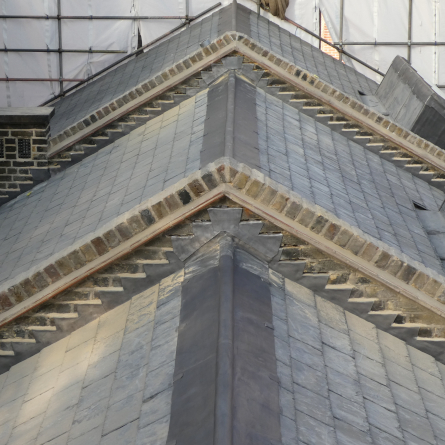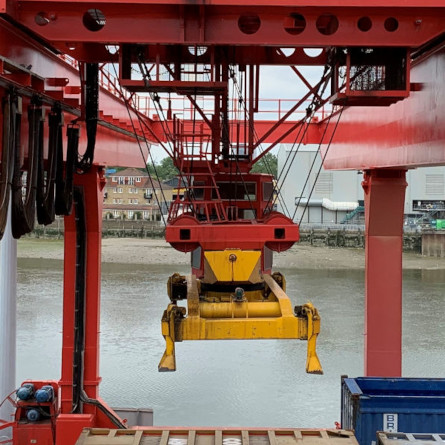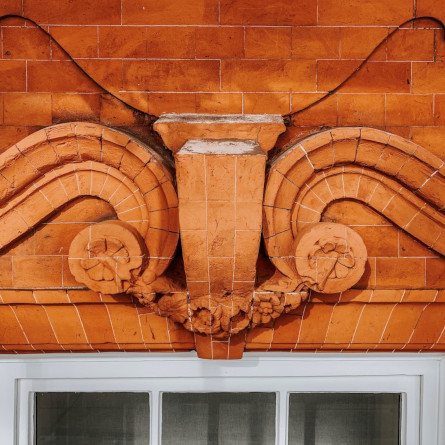Building surveys are essential tools in property and construction industries, providing valuable insights into the condition and structure of buildings, both residential and commercial. Whether you’re a prospective buyer, a current property owner or an investor, understanding the various types of building surveys can help you make informed decisions and protect your investments.
These surveys involve thorough inspections of buildings, conducted by qualified professionals who assess different aspects of a property’s condition, structure, and potential issues. The type of survey you need depends on various factors, including the age and condition of the property, its intended use, and your specific concerns or requirements.
What is a building condition survey?
A condition survey, also known as a building condition assessment or property condition survey report, provides a comprehensive overview of a property’s current state. This survey evaluates the overall condition of the building, including its structural elements, mechanical systems and finishes, existing defects, potential issues and maintenance needs.
Condition surveys are often used by property owners or managers to plan maintenance schedules, budget for repairs or assess the overall value of a property. They’re particularly useful for commercial buildings, educational institutions or large residential complexes.
What is a dilapidation survey?
A dilapidation survey focuses on documenting the existing condition of a property, typically before construction or demolition work begins nearby. Its primary purpose is to record any pre-existing damage or defects in neighbouring properties.
This survey serves as a protective measure for both property owners and contractors, providing a baseline reference point in case of disputes about damage caused by construction activities. Dilapidation surveys are commonly conducted on properties adjacent to major construction sites or infrastructure projects.
What is a property condition survey?
A property condition survey, often referred to as a property condition assessment (PCA), is a detailed evaluation of a property’s physical condition and systems. This survey is more comprehensive than a standard home inspection and is frequently used in commercial property transactions.
It assesses the building’s structure, roof, mechanical systems, electrical systems, plumbing, and more. The survey also estimates the remaining useful life of major components and identifies any immediate repair needs or future capital expenditures.
What is structural survey?
A structural survey, sometimes called a full building survey, is the most comprehensive type of property assessment. It provides an in-depth analysis of a building’s structural integrity, including foundations, walls, roof, floors and any extensions or modifications.
This survey identifies structural defects, potential stability issues and areas of concern that may require immediate attention or future monitoring. Structural surveys are often recommended for older properties, buildings with known issues, or when major renovations are planned.
What is a HomeBuyer’s survey?
A home buyer’s survey, also known as a HomeBuyer Report, is a mid-level survey designed specifically for residential property buyers. It differs from a commercial property survey – it’s less comprehensive than a full structural survey but more detailed than a basic valuation.
A HomeBuyer’s survey assesses visible defects and potential problems in easily accessible areas of the property, and typically includes a market valuation and an insurance rebuild cost. Home buyer’s surveys are suitable for newer or conventional properties in reasonably good condition.
What is a specific defect survey?
A specific defect survey, as the name suggests, focuses on a particular issue or area of concern in a building. This might include problems like damp, timber decay, structural movement or roof defects. These surveys are commissioned when a specific problem has been identified or suspected, and a detailed investigation is required. The surveyor will concentrate on the specific issue, its causes and potential solutions, providing a specialised report on that particular defect.
What does a building survey include?
A property survey involves a comprehensive examination of a potential home to assess its condition and identify any issues that may need attention. The Royal Institution of Chartered Surveyors (RICS) offers different levels of surveys, each providing varying degrees of detail. Regardless of the level, all surveys aim to give clear information about the property’s state.
The Level 1 Condition Report is the most basic survey, suitable for new or nearly new buildings of standard construction that appear to be in good condition. This report offers a professional overview of the building’s state of repair on the day of inspection, but it’s not designed for older or more complex properties.
Level 2 and Level 3 surveys are more thorough. Surveyors will inspect all visible parts of the property, both inside and out, to identify current defects such as damp, timber decay, and structural movement. They will also point out potential issues or risks that could arise in the future. The Level 3 Building Survey is the most detailed, making it ideal for older, larger properties, non-standard constructions, buildings that have been significantly altered, and those in need of substantial renovation.
The survey report employs RICS’ traffic light condition ratings to indicate the severity and urgency of each defect found. It also includes recommendations for remedial actions to address these issues, providing a clear and actionable overview of the property’s condition.
Who commissions building surveys?
A building survey is an important component of any commercial property transaction, and they are often undertaken by owners of commercial properties or residential blocks. Building surveys can be commissioned by owners of large commercial premises like retail units, industrial spaces or single offices; commercial tenants who have a liability to maintain the property; or property owners and investors with portfolios of developments, such as landlords and housing associations.
If you’re not sure which type of survey you need or wish to discuss your property requirement with a RICs accredited surveyor, please get in touch.




